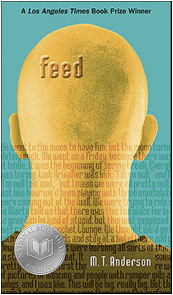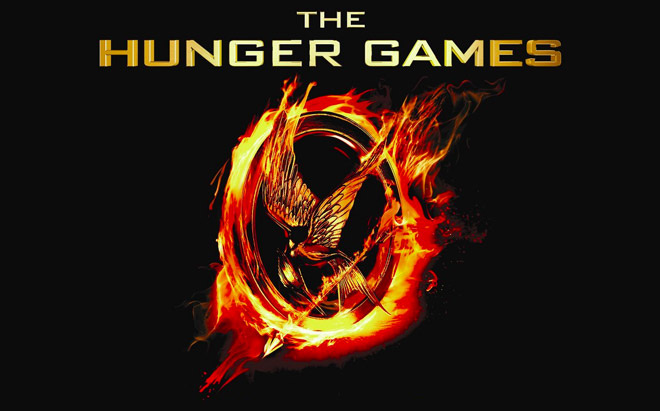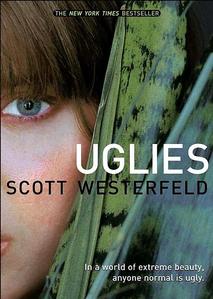Why dystopia?Utopian and dystopian studies comes from a deeply historical context whereby people of all walks of life began imagining possible worlds where political, economic, and social conditions were altered. In United States history, utopian novels that were published during the antebellum age (1820s and 1830s) espoused the possibility to re-imagining social order. Communities built by the Shakers and Oneidas lived out their utopian dreams. Dystopian literature, burgeoning during the late 20th century reflected an increase in fear about political and economic turmoil. Novels like 1984 and Brave New World emphasized the relationship between power, technology, individualism, and conformity. Resistance and reform had a very different face after the social movements in the 1960s and 1970s. Dystopian novels play with constructs of time, space, history, and geography. The worlds seem so much like our own or at least what our world can be. While many of the novels written in the Cold War era reflect fears about conformity, dystopian novels written in the early 21st century engage these topics a little differently. Surveillance and ideological repression look different in 2015 than it did at the height of the Cold War. The battle between capitalism, socialism, and communism has been subsumed by neoliberalism and globalization. One person standing up for what they believe triggered marches and protests that were televised around the country in the 1960s and now one Tweet or YouTube video goes viral where the world is now watching global affairs. YA dystopian novels are unique in that they center on the actions of youth as they participate in resistance against totalitarian leaders. Each novel's world is constructed on some kind of sameness or conformity. The hero's or heroines never quite feel like they fit in with the communities expectations and they often find ways of escape expectation. Rather than accepting societies norms, that main characters question their world and seek alternatives. But no dystopian novel is "perfect," Some might say that the genre is itself a tool of resistance whereby authors offer social criticisms of our own world. However, a deeper analysis could reveal that the novels only reinforce some of the underlying economic and social tensions that youth experience today.
I believe that history teachers can use dystopian novels to help students see history in action. Sometimes history curriculum seems boring or outdated. Despite what some might say about the literary quality of some young adult novels, I find that dystopian fiction provides a doorway to connecting our students to our content. The language and vocabulary is similar between the novels and history curriculum. We can engage students in discussions about the past AND in imagining the future by integrating fiction into our classrooms. Books vs. FilmsAfter taking a Film & Literature course in college, I stopped making broad assumptions and arguments about whether or not the book or the movie was better. Essentially, it is like comparing apples to oranges. Privileging one over the other de-values both as artistic representations and tools of storytelling. Are there times where I enjoy the book more than the film, yes. But there are also films that do an amazing job in adapting novels so that my enjoyment and appreciation grows and changes. We have to view media as separate because they each have different goals and achieve those goals using different tools. We can study films in a similar way that we study novels by questioning narrative structure, format, characterization, and themes. Novelists work with words whereas film makers use music, sounds, and color to tell a story. Questions to be asked of dystopia & history curriculumPower
Knowledge
Surveillance Culture
Codification & Discrimination
Post-Capitalism & Consumerism
Novel ideas
Dystopian shortcomingsMy final thoughts come just after seeing the final installment of the Hunger Games films that opened this weekend. After reading 20+ dystopian novels (marketed for adults and youth), I have been left with one question: what happens after the rebellion? Almost all of the novels focus on resistance efforts led by characters who do not agree with the government's actions. But what is missing is any notion of HOW TO REBUILD. People join resistance movements to fight for their rights. Totalitarian governments are deposed. Evil leaders are killed. But the books and films always end there. There is no transfer of power. There is no explanation for what kind of society is re-imagined. The heros and heroines go home and live their lives out of the spotlight.
This feels exactly like a traditional history classroom. We spend time studying events of the past and do little to institute changes that will make the world more equitable. We fail to act on our knowledge in creating a better world. I love reading dystopian fiction because I get to engage in imaginative worlds that challenge me to think about our own. But we can't stop at resisting. We must also engage in creating and imagining.
1 Comment
|
Archives
January 2019
Categories
All
|
Proudly powered by Weebly




 RSS Feed
RSS Feed